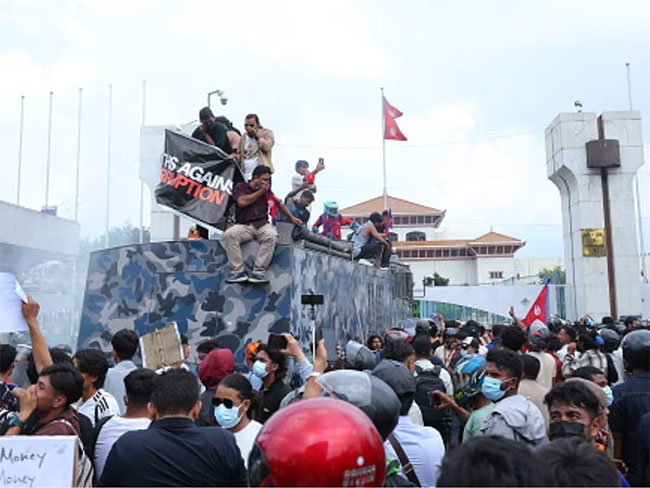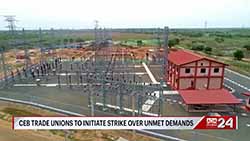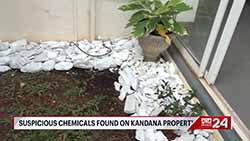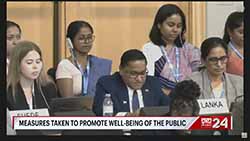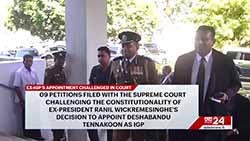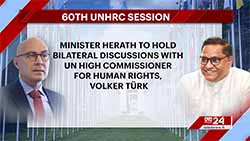Nepal lifts ban on social media apps after deadly protests
September 9, 2025 05:40 am
Nepal’s government has lifted a ban on about two dozen social media platforms after the curb ignited youth-led demonstrations across the country on Monday that saw more than a dozen protesters killed in the capital Kathmandu.
Communications Minister Prithvi Subba Gurung made the announcement after a cabinet meeting following the worst unrest the country has seen in decades.
At least 19 people were killed following a crackdown by the security forces on the protests, which were fueled mainly by anger over corruption. The protests were led by members of Generation Z, the cohort between the ages of 13 and 28.
Popular anger spilled into the streets of the Nepali capital after the government moved last week to block social media platforms including Facebook, WhatsApp and YouTube, in a move that was widely criticized by rights groups as a tool for censorship.
The government had claimed the ban was needed to clamp down on fake news and hate speech and accused the companies of failing to register.
Organizers say the protests, which spread across the country, were not only about the moves against the social media platforms, but were also a reflection of generational frustration at poor economic opportunities and anger at widespread corruption.
“All the Nepali citizens are fed up of corruption. Every youth are going outside the country. So, we want to protect our youth and make the country’s economy better,” a protester told Reuters.
At least 17 people were killed in Kathmandu and two more in the eastern city of Itahari, according to hospital officials.
The UN human rights office said it was “shocked” by the deaths of the protesters and urged a “transparent” investigation.
It said it has received “several deeply worrying allegations of unnecessary” use of force by security forces during the protests.
Videos showed security forces deploying water cannons, tear gas and live ammunition to disperse protesters gathered outside Nepal’s parliament building in Kathmandu.
“The use of lethal force against protesters not posing an imminent threat of death or serious injury is a grave violation of international law,” Amnesty International said in a statement.
Nepali Prime Minister KP Sharma Oli said his government was “not negative toward the demands raised by the Gen Z generation” and said he was “deeply saddened” by the incidents on Monday.
In a statement, he blamed “infiltration by various vested interest groups” for the violence, without elaborating who the groups were.
Perceptions of government corruption are widespread in Nepal. Oli’s government has been heavily criticized for failing to crack down on the problem.
- Agencies



